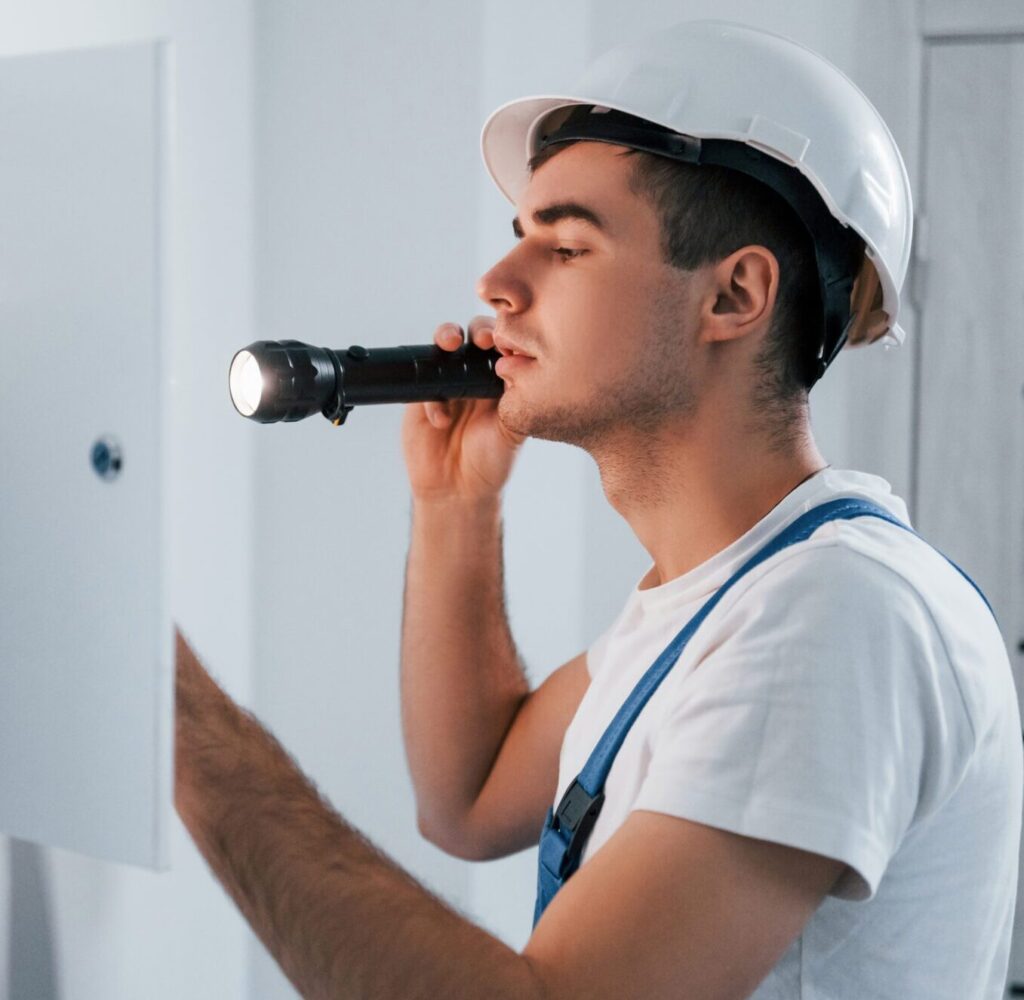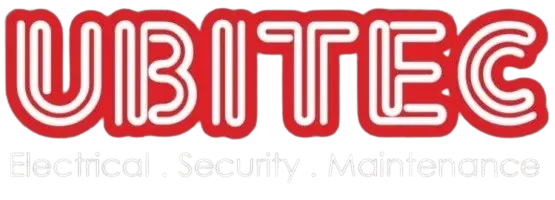
In the UK, electrical work must follow strict regulations to protect people and property. Below is a summary of the main rules, with links to official guidance for more detail.
BS 7671 Wiring Regulations
The IET Wiring Regulations (BS 7671:2018 + A2:2022, with A3:2024 corrigendum) set the technical standards for electrical installations, covering design, installation, and testing.
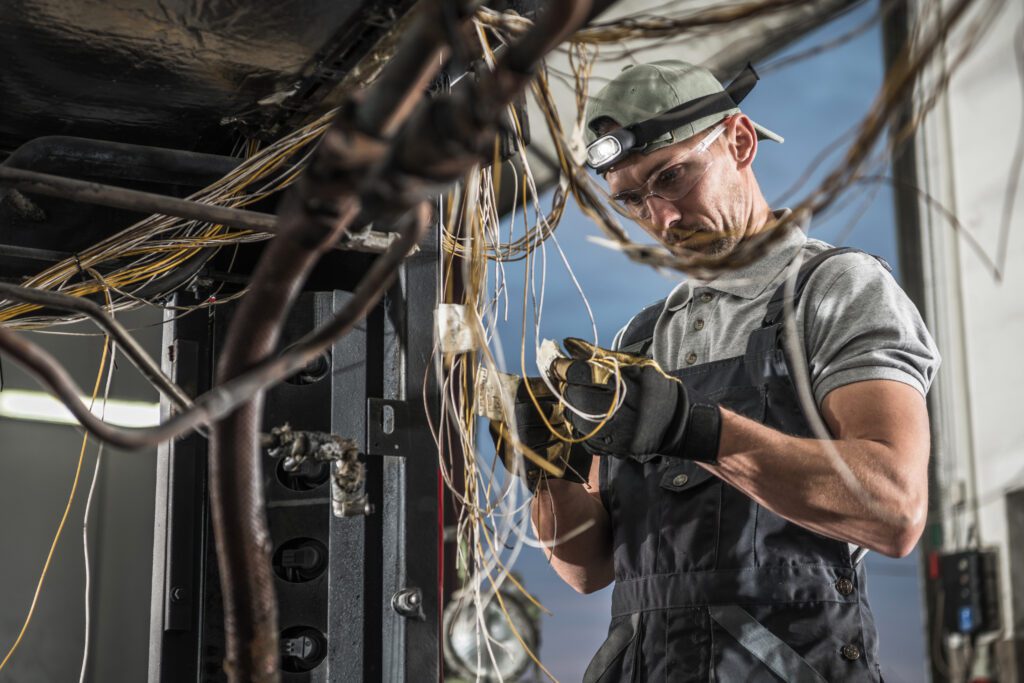

Part P – Building Regulations (England & Wales)
Part P covers domestic electrical safety. Certain types of home electrical work must be notified to building control, unless carried out by a registered competent person.
Landlord Responsibilities
In England, landlords must have electrical installations inspected and tested at least every five years by a qualified person, providing tenants and local authorities with an EICR.
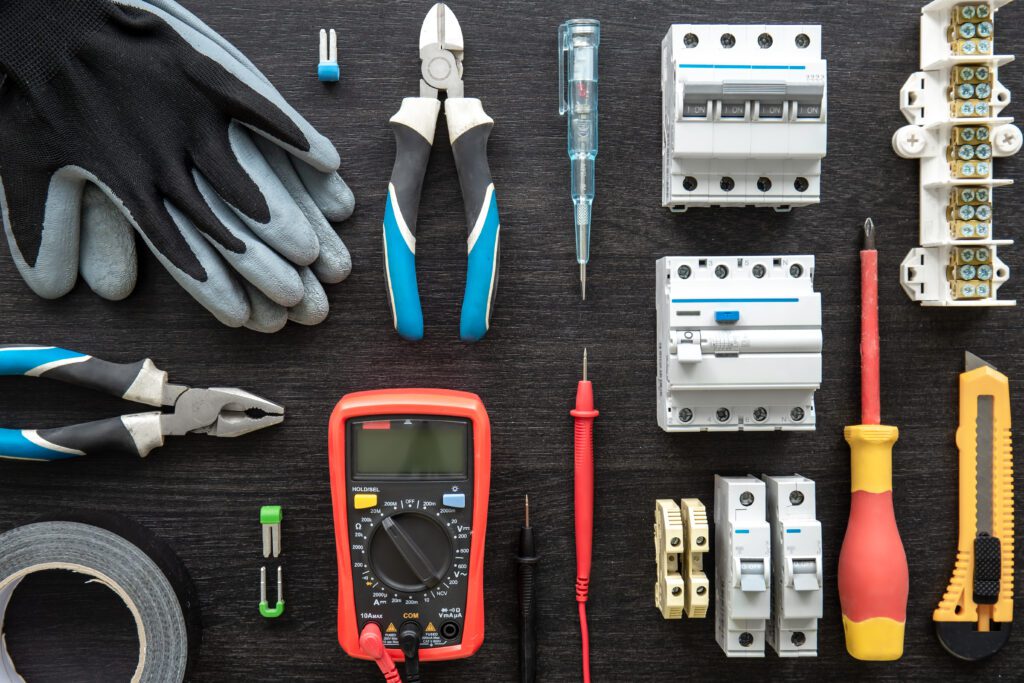
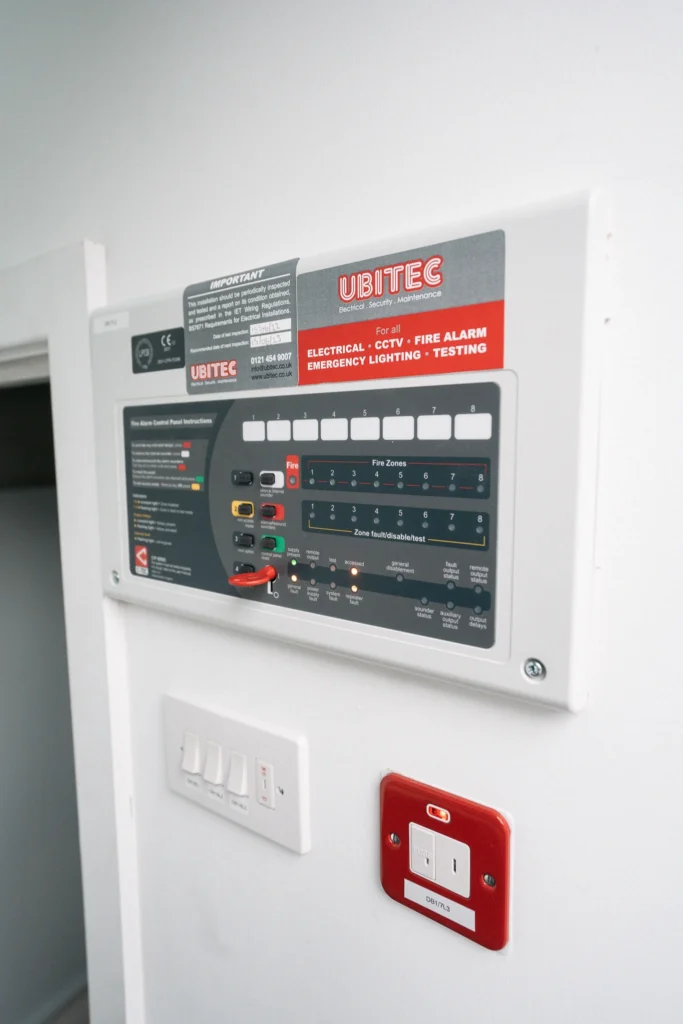
Certification of Work
After installation, electricians must issue the correct certificate:
- EIC – Electrical Installation Certificate
- MEIWC – Minor Electrical Installation Works Certificate
- EICR – Electrical Installation Condition Report
Scotland and Northern Ireland
Scotland follows its own Building Standards, and Northern Ireland has its own Building Regulations. Neither uses Part P, but both require safe and compliant work.
Competent Person Schemes & ECS Cards
Electricians registered with schemes like NICEIC or NAPIT can self-certify certain work under Part P. Many commercial sites also require an ECS card, which demonstrates qualifications and health & safety knowledge.
